Depression is a complex and debilitating mental health condition with both physical and mental symptoms. Depression symptoms include feelings of sadness, difficulty concentrating, lack of motivation, and general apathy. Physical symptoms include disruption in sleep patterns (excessive sleep or inability to sleep), fatigue, and rapid weight gain or loss.
 Depression does not just affect the person suffering from depression; it impacts spouses and partners, children, family members, and even coworkers and friends. Many times, watching someone else struggle with depression and not knowing how to help can trigger feelings of helplessness, guilt, or shame.
Depression does not just affect the person suffering from depression; it impacts spouses and partners, children, family members, and even coworkers and friends. Many times, watching someone else struggle with depression and not knowing how to help can trigger feelings of helplessness, guilt, or shame.
This guide to depression provides helpful information on depression risk, depression symptoms, and depression treatment available in southern California. If you are concerned about a loved one with symptoms, or looking for help for depression for yourself, read on to find help available.
Who is At Risk For Depression?
There is no single demographic for depression. It can affect both men and women of all ages, races, and income levels. Depression can be found in children, teenagers, throughout adulthood, and in the elderly population.
While both men and women experience depression, women are about twice as likely to be diagnosed with depression as men. That is partially due to genetic factors, to women being more likely to seek help for depression, and due to certain types of depression that are linked with motherhood and childbirth, such as perinatal and postpartum depression.
Although genetics do contribute to your risk of depression, you can develop depression even if you have no prior history or family history of depression. If you do have a family history of depression, you are at a two to three times higher risk for depression than on average.



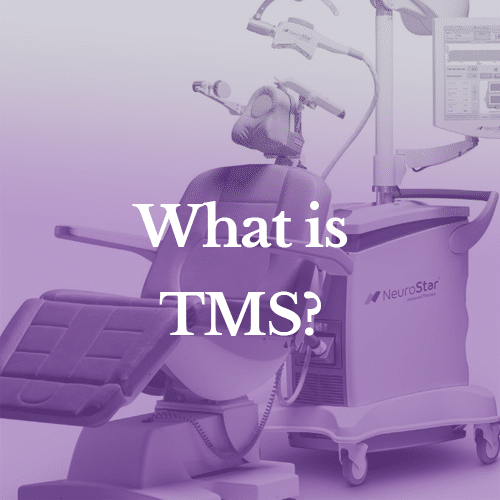
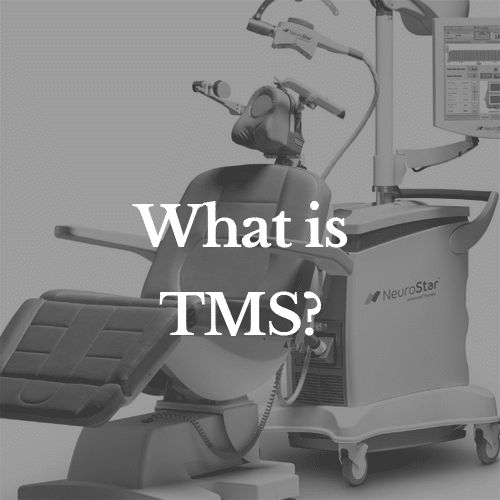
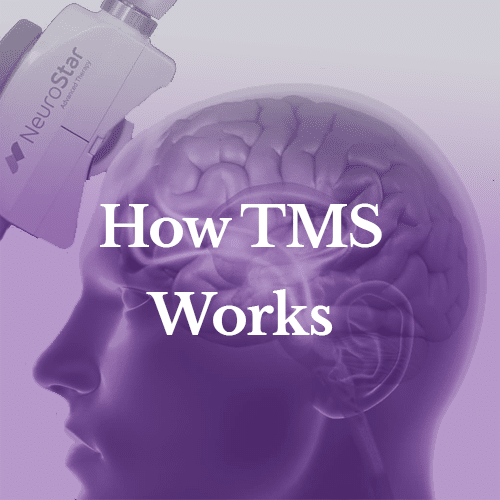
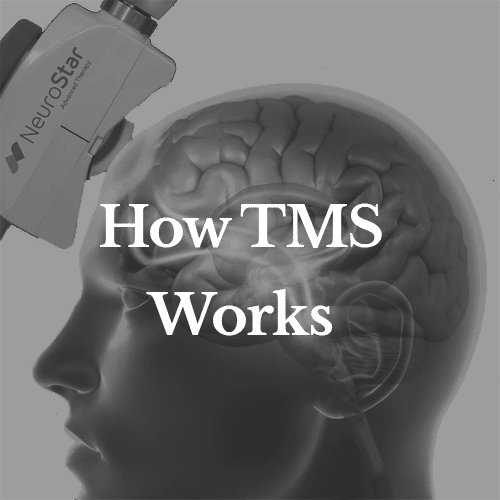
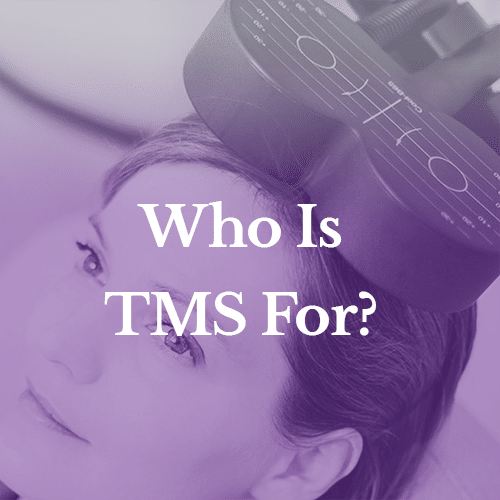
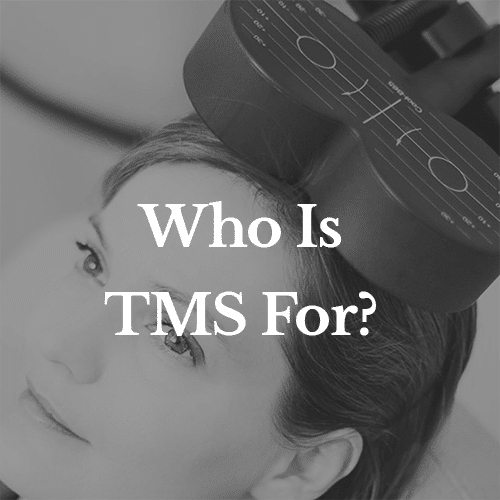


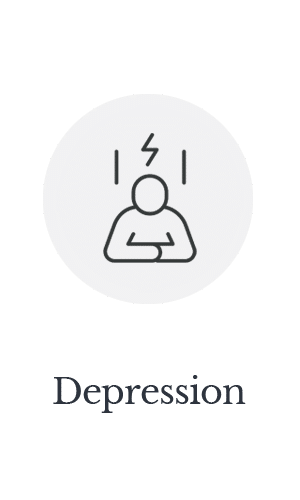
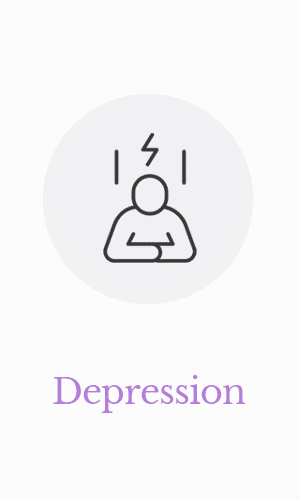
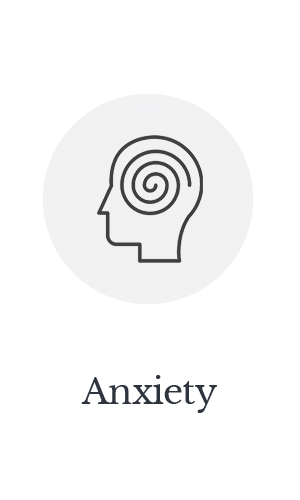
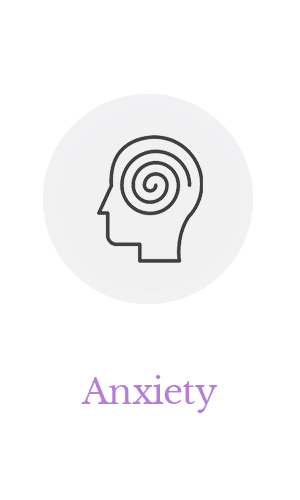

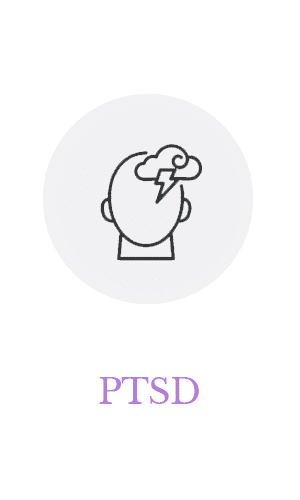
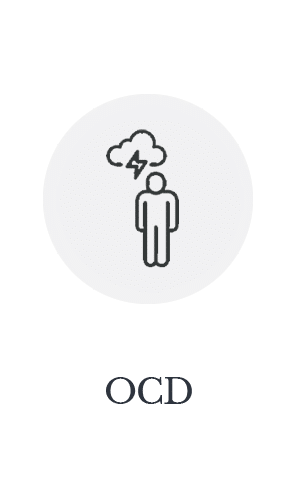
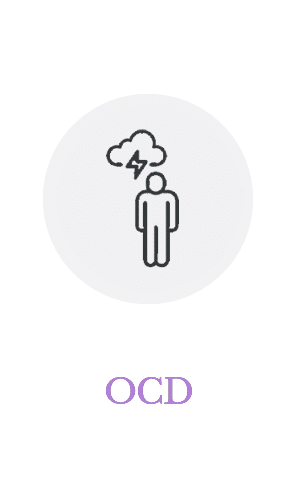
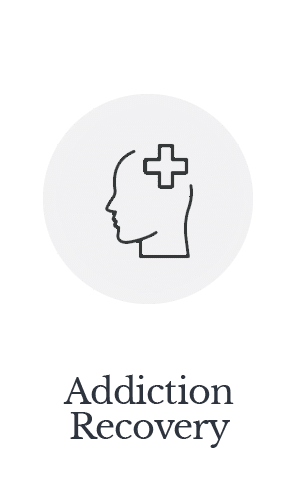
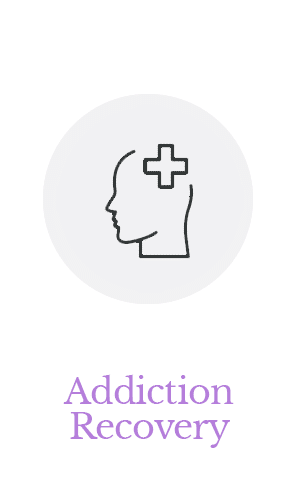
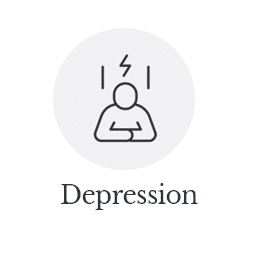
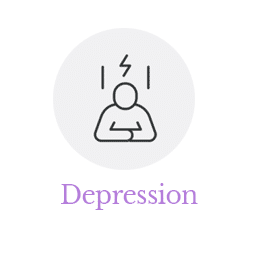
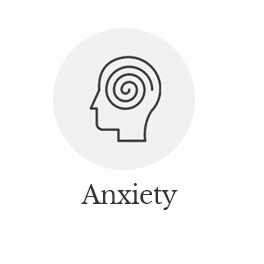
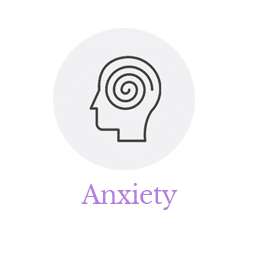
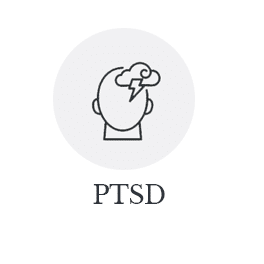
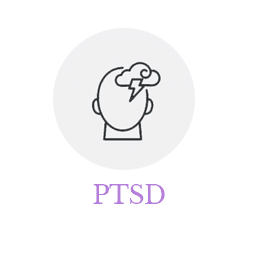
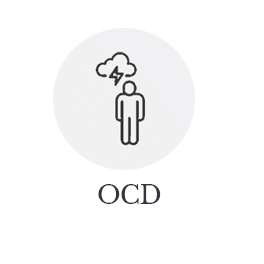
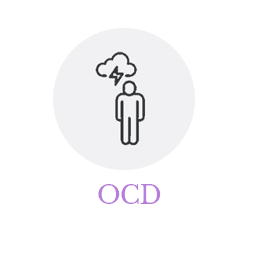
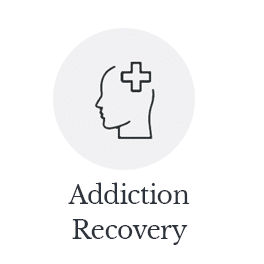
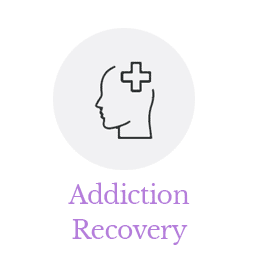
 Depression does not just affect the person suffering from depression; it impacts spouses and partners, children, family members, and even coworkers and friends. Many times, watching someone else struggle with depression and not knowing how to help can trigger feelings of helplessness, guilt, or shame.
Depression does not just affect the person suffering from depression; it impacts spouses and partners, children, family members, and even coworkers and friends. Many times, watching someone else struggle with depression and not knowing how to help can trigger feelings of helplessness, guilt, or shame.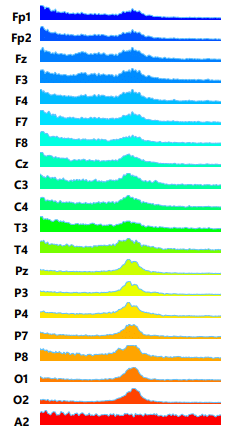 Some psychiatrists use specialized tools to diagnose depression, such as an EEG (electroencephalogram). An EEG measures the electrical activity of the brain and displays a visual brain map. At Inland Empire TMS in Murrieta, California,
Some psychiatrists use specialized tools to diagnose depression, such as an EEG (electroencephalogram). An EEG measures the electrical activity of the brain and displays a visual brain map. At Inland Empire TMS in Murrieta, California,